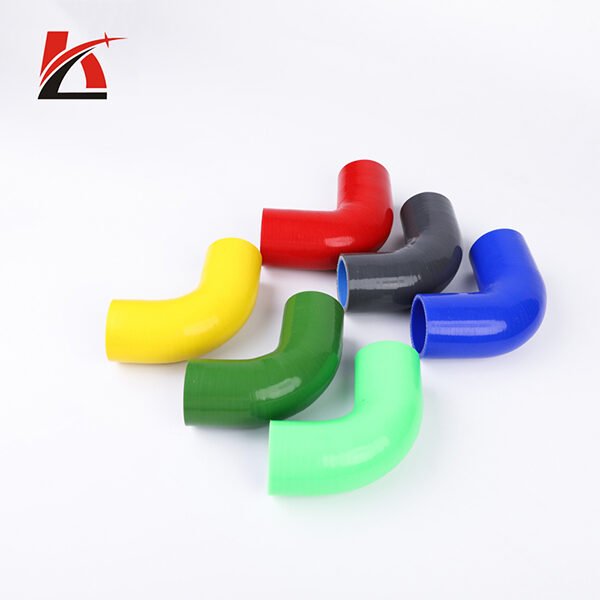Silicone polymers are widely used in various industries due to their unique properties, including high heat resistance, water repellency, and low toxicity.
Here are some of the various uses of silicone polymers:
Construction: Silicone polymers are used in the construction industry as sealants and adhesives due to their excellent weathering and chemical resistance. They are also used in the production of concrete, where they act as a water-reducing agent, improving the concrete’s strength and durability.
Automotive: Silicone polymers are used in the production of automotive parts, including hoses, gaskets, and seals, due to their high temperature resistance and durability. They are also used in the production of car wax and polishes, where they provide water repellency and shine.
Medical: Silicone polymers are used in the medical industry due to their biocompatibility and low toxicity. They are used in the production of medical implants, including breast implants and pacemakers, as well as in medical tubing and catheters.
Personal Care: Silicone polymers are used in personal care products, including shampoos, conditioners, and skincare products, due to their ability to provide conditioning and lubrication to the hair and skin. They are also used in the production of cosmetics, including lipsticks and mascaras, where they provide water resistance and long-lasting wear.
Electronics: Silicone polymers are used in the electronics industry as encapsulating materials for electronic components, providing protection against moisture, heat, and chemicals. They are also used in the production of keypads and buttons, providing durability and water resistance.
Aerospace: Silicone polymers are used in the aerospace industry due to their ability to withstand extreme temperatures and pressure. automotive silicone hose They are used in the production of seals, gaskets, and adhesives for aircraft engines and components, as well as in space suits and other protective gear.
In summary, silicone polymers have a wide range of uses due to their unique properties, including high temperature resistance, water repellency, and low toxicity. They are used in various industries, including construction, automotive, medical, personal care, electronics, and aerospace.
How do silicone polymers compare to other materials used in the aerospace industry?
Silicone polymers have several properties that make them a desirable material for use in the aerospace industry.
Here are some ways that silicone polymers compare to other materials used in the aerospace industry:
High Temperature Resistance: Silicone polymers have excellent high-temperature resistance, allowing them to withstand extreme temperatures that other materials may not be able to handle. This property makes them ideal for use in the aerospace industry, where components may be exposed to high temperatures during flight or re-entry.
Chemical Resistance: Silicone polymers are highly resistant to chemicals and can withstand exposure to a wide range of fuels, solvents, and other chemicals. This property makes them ideal for use in the aerospace industry, where components may be exposed to harsh chemicals during flight or testing.
Durability: Silicone polymers are highly durable and can withstand prolonged exposure to UV radiation and other environmental factors such as moisture and humidity. This durability makes them ideal for use in the aerospace industry, where components may be exposed to extreme environmental conditions during flight or storage.
Low Outgassing: Silicone polymers have low outgassing properties, meaning they release very few volatile organic compounds (VOCs) when exposed to vacuum conditions. This property makes them ideal for use in the aerospace industry, where components need to maintain a clean environment and avoid contaminating sensitive equipment.
Weight: Silicone polymers are lightweight compared to other materials such as metals and ceramics. This property makes them ideal for use in the aerospace industry, where weight reduction is critical for achieving optimal performance and fuel efficiency.
Overall, silicone polymers compare favorably to other materials used in the aerospace industry due to their high temperature and chemical resistance, durability, low outgassing properties, and lightweight nature. These properties make them an ideal material for use in a wide range of aerospace applications, including seals, gaskets, and adhesives.
